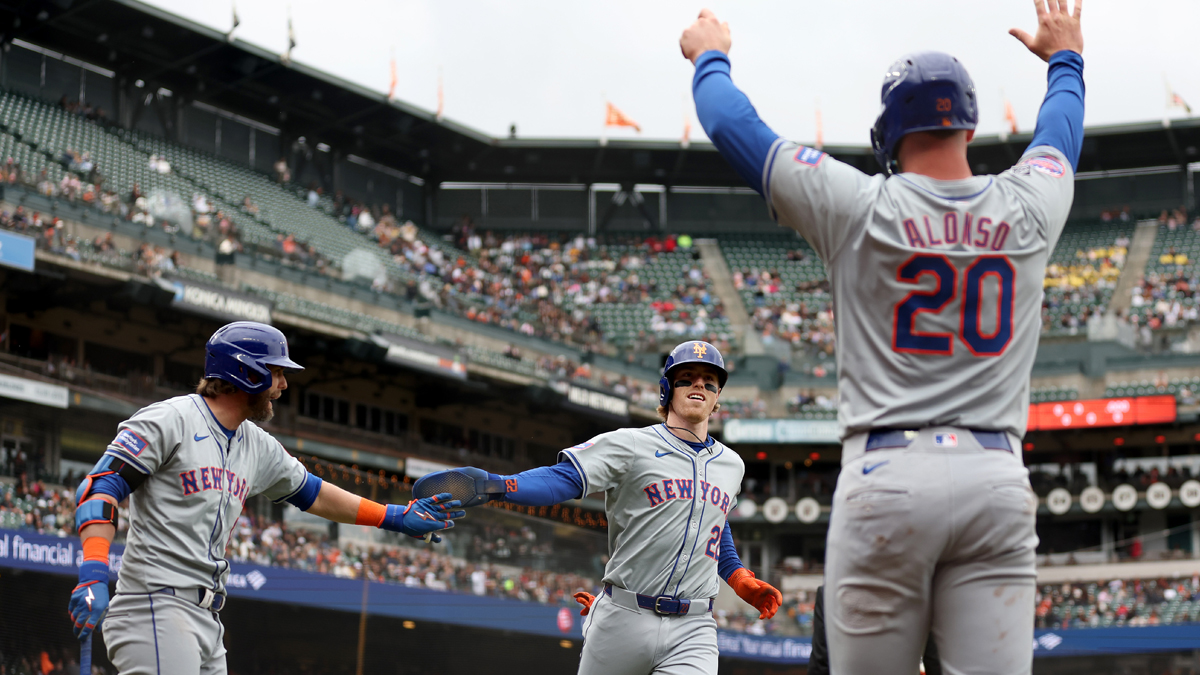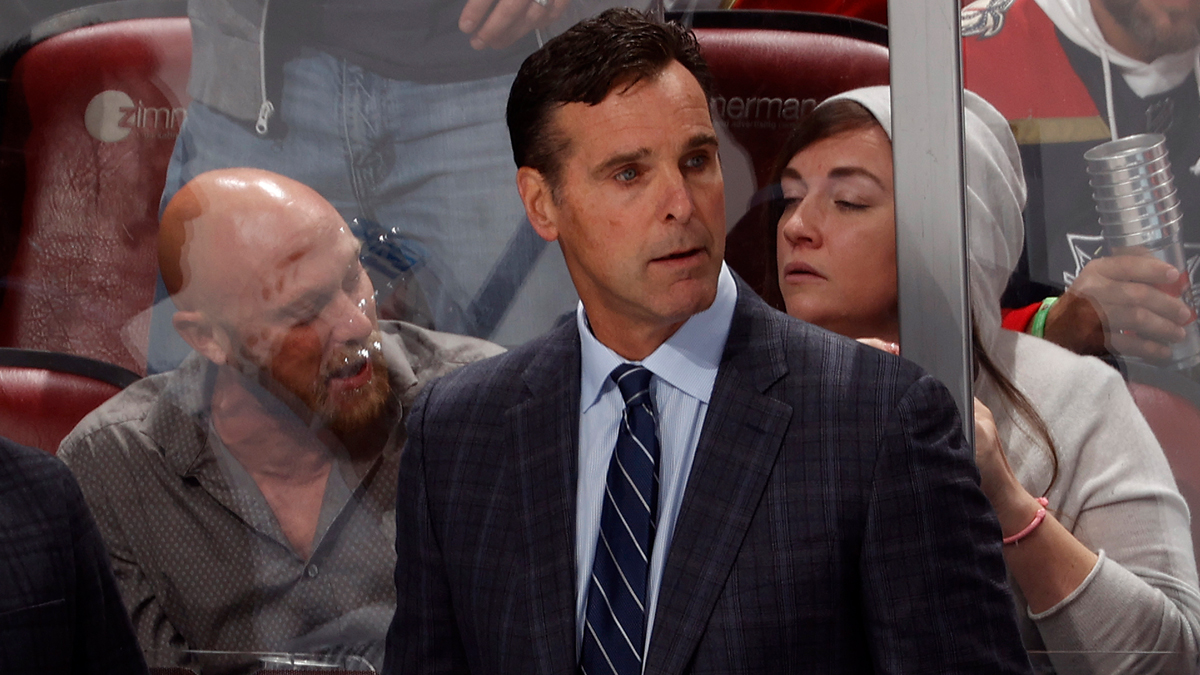Alex Rodriguez's grievance hearing to overturn his 211-game suspension ended Thursday when both sides rested their cases, a day after the Yankees star angrily walked out and decided not to testify in his own defense.
The sides set a schedule to file briefs and reply briefs next month, which will close the record and submit the matter to arbitrator Fredric Horowitz.
His decision on whether to uphold or alter the discipline for the three-time AL MVP likely will be made in January, a person familiar with the proceedings told The Associated Press. The person spoke on condition of anonymity because no statements were authorized.
Rodriguez's lawyers already are vowing to challenge the ruling in federal court, where judges usually are reticent to overturn an arbitration decision unless there is a finding the arbitrator was biased, exceeded his authority or failed to comply with the rules agreed to by the parties.
The exact timing of a decision is uncertain. Baseball's Joint Drug Agreement states the arbitrator shall make "all reasonable efforts" to close the record in time to permit a decision within 25 days of the start of the hearing. But in this case, the hearing began Sept. 30, making that timetable impossible to meet.
After the arbitrator renders his decision, the written opinion is to be issued within 30 days. It is unclear if Horowitz will issue his written opinion simultaneously with his decision.
The timing of the case could complicate planning for the Yankees, who don't know if they will have to pay Rodriguez his $25 million salary and are unsure whether they will need a different starting third baseman.
Sports
Rodriguez was suspended by Major League Baseball on Aug. 5 for alleged violations of its drug policy and labor agreement stemming from the league's investigation of the Biogenesis of America anti-aging clinic in Florida. The players' association filed a grievance, and because Rodriguez was a first-time offender of the drug agreement, the discipline automatically was stayed pending a resolution of the grievance.
Horowitz heard the case in a trio of four-day sessions, with management presenting its case from Sept. 30-Oct. 3 and Oct. 15-18. Rodriguez's side then took its turn during the first four days of this week.
While Horowitz had set aside six additional days for testimony through Wednesday, that time was not needed.
Rodriguez left in the middle of the 11th session Wednesday, furious the arbitrator refused to order baseball Commissioner Bud Selig to testify. Rodriguez and his lawyers then went on radio and television, accusing Selig of bias and the entire arbitration process of being flawed.
His lawyers returned without him Thursday to complete their case, and MLB started and finished its rebuttal. At the end of the hearing, the sides learned union head Michael Weiner had died from the brain tumor he was diagnosed with 15 months ago.
Outside MLB's offices, representatives of the New York Hispanic Clergy Organization, including state Sen. Ruben Diaz, held a prayer vigil to express opposition to Rodriguez's discipline.
Rodriguez lawyer James McCarroll issued a statement Thursday pointing out that this case is the first grievance under the drug agreement involving discipline that didn't stem from a positive test and involved "the commissioner's discretion and decision-making." While he said the commissioner in the past "was harshly criticized in the arbitrator's decision for not voluntarily appearing at a grievance," that statement appears to refer to arbitrator George Nicolau's 1987 decision cutting Peter Ueberroth's drug suspension of pitcher LaMarr Hoyt from one season to 60 days.
While Horowitz has issued an order for the proceeding to be confidential, Rodriguez's lawyers have said they may release some of the evidence Friday. Rodriguez spokesman Ron Berkowitz said no decision had been made.
"It's uncertain," he said. "They're still weighing their options of what they can and cannot release."



